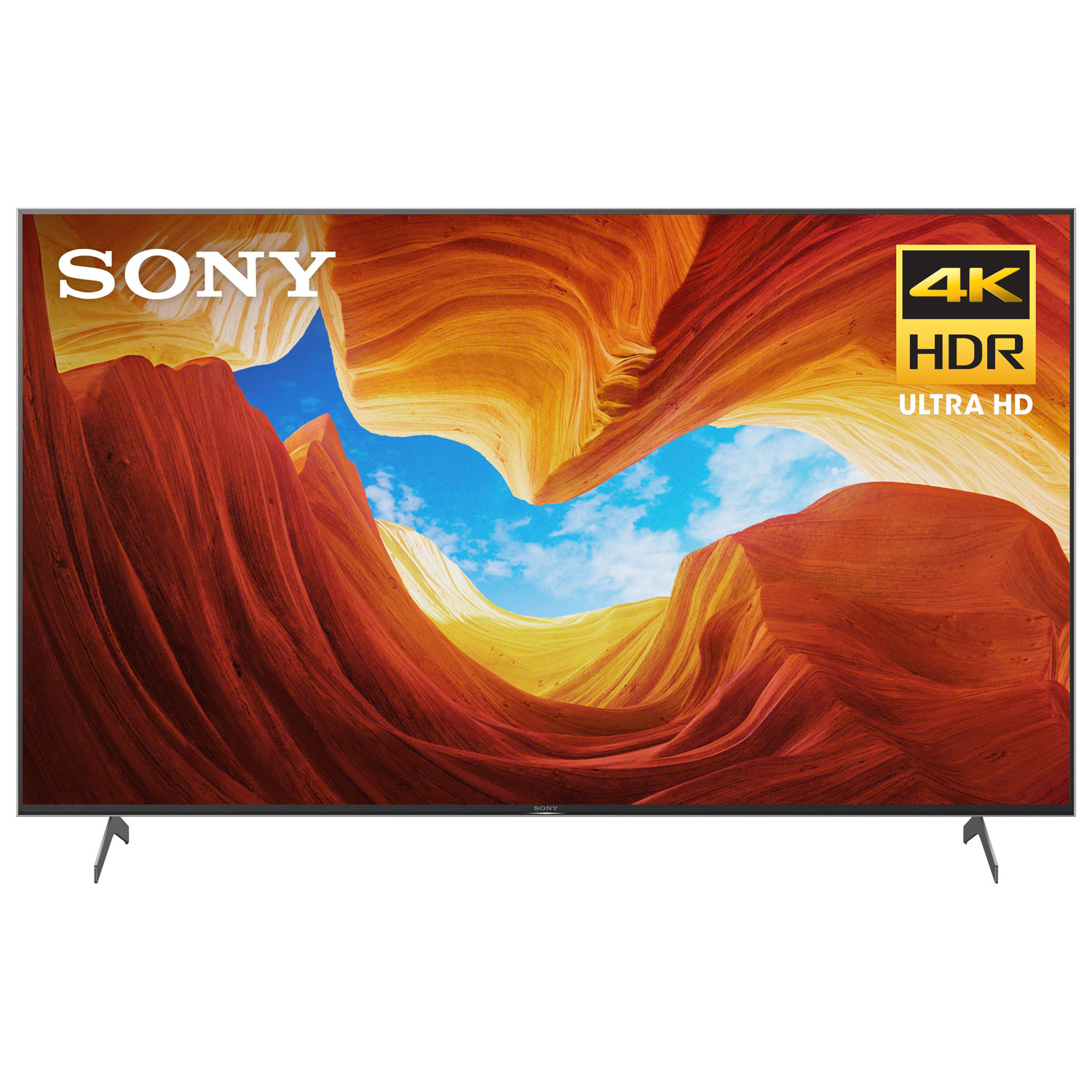LG OLED48CX6LB 48″ Smart 4K Ultra HD HDR OLED TV with Google Assistant & Amazon Alexa
a9 Gen 3 Processor for outstanding colour & contrast. Cinematic sound with Dolby Atmos. HDR: Dolby Vision IQ / HDR10 / Hybrid Log-Gamma (HLG). 4K streaming. Freeview HD / Freesat HD.
Discover just how good your entertainment can look with the LG OLED48CX6LB 48″ Smart 4K Ultra HD HDR OLED TV. Perfect blacks, intense colour, and infinite contrast – it’s a world away from a backlit LED TV.
And with HDR, you get deep, dark backgrounds and bold, bright colours for incredible contrast.
4K Ultra HD
You’d be forgiven for thinking everything you watch was filmed in 4K. LG’s advanced processor intelligently upscales lower resolution content to make the most of the stunning 4K display.
Dolby Atmos
You’ll feel like you’re at the heart of the action with multi-dimensional surround sound that seems to flow all around you.
Smart TV
With Google Assistant and Amazon Alexa voice control built-in, it’s never been easier to find what you want to watch, control your smart home, and get updates personal to you.
LG’s smart platform has plenty of choice to keep the whole family entertained. Settle down to the latest content from the likes of Disney+, Netflix, and Prime Video.
Additional information
| Box contents | – LG OLED48CX6LB 48" Smart 4K Ultra HD HDR OLED TV |
|---|---|
| Dimensions | – TV with stand: 650 x 1071 x 251 mm (H x W x D) |
| Weight | – TV: 14.9 kg |
| Guarantee | 5 years |






by Colin
OLED – The best tv technology on the market and it makes a great gaming monitor for consoles and or Personal Computers too.
by Sukhjit
Great TV with excellent picture quality. The sound is not bad too. Was thinking I needed a soundbar with this, but upon using the TV I don’t feel the need for it, though I am not an audiophile.
by Fred
Slim, elegant TV with excellent picture. Good smart facilities.
by Andrew
Incredible picture out of the box, minimal adjustment required. Really impressed with sound from this flat screen.